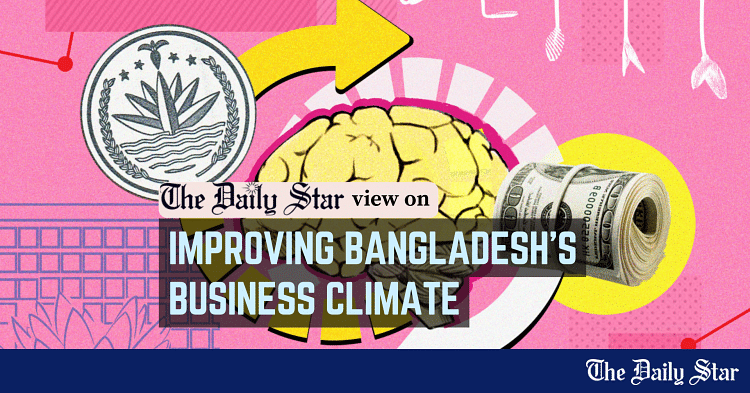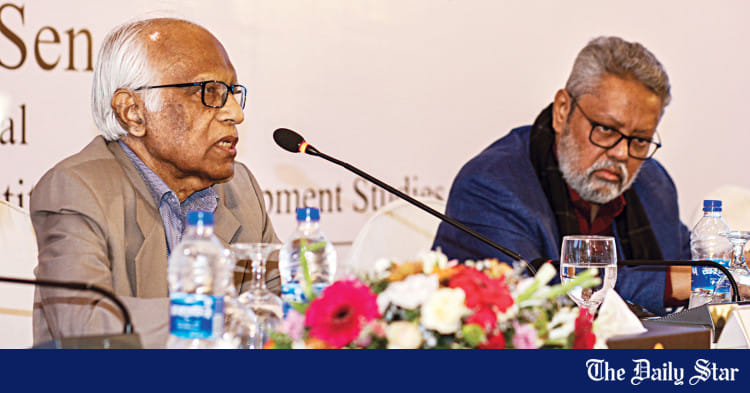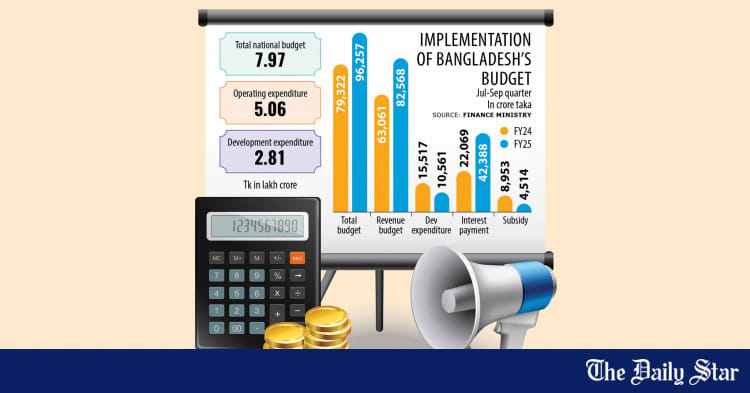Saif
Senior Member
- Jan 24, 2024
- 12,725
- 7,062
- Origin

- Residence

- Axis Group

- Copy to clipboard
- Thread starter
- #373

Wahiduddin believes Bangladesh to get political govt next year
The planning and education adviser Wahiduddin Mahmud on Saturday expressed hope that Bangladesh would see an elected government next year.
 www.newagebd.net
www.newagebd.net
Bangladesh to see political shift next year amid challenges: Wahiduddin Mahmud
United News of Bangladesh . Dhaka 07 December, 2024, 12:27

Wahiduddin Mahmud | UNB photo
Bangladesh is set to witness a political shift next year, says planning and finance adviser Wahiduddin Mahmud.
Speaking at the opening session of the Annual Baltic Conference on Defence (ABCD) conference at a hotel in the capital on Saturday, organised by the Bangladesh Institute of Development Studies (BIDS), he hinted at significant political developments while underlining the nation’s critical economic challenges.
Mahmud, however, pointed out that income inequality remains one of the country’s most pressing concerns. 'To tackle this disparity, quality education is paramount, an area where Bangladesh still has a long way to go.' He said.
As Bangladesh transitions from its status as a Least Developed Country (LDC), Mahmud referred to the ongoing efforts to retain some benefits associated with the LDC status.
'We no longer have the option of remaining an LDC. Discussions to sustain certain privileges from developed nations are ongoing, with positive responses from many,' the adviser said.
In a separate session, Indermit S Gill, Chief Economist at the World Bank, provided insights into how Bangladesh could escape the middle-income trap.
Investment and job creation should be the focal points, he stated, urging the country to foster entrepreneurship and expand the use of technology.
United News of Bangladesh . Dhaka 07 December, 2024, 12:27
Wahiduddin Mahmud | UNB photo
Bangladesh is set to witness a political shift next year, says planning and finance adviser Wahiduddin Mahmud.
Speaking at the opening session of the Annual Baltic Conference on Defence (ABCD) conference at a hotel in the capital on Saturday, organised by the Bangladesh Institute of Development Studies (BIDS), he hinted at significant political developments while underlining the nation’s critical economic challenges.
Mahmud, however, pointed out that income inequality remains one of the country’s most pressing concerns. 'To tackle this disparity, quality education is paramount, an area where Bangladesh still has a long way to go.' He said.
As Bangladesh transitions from its status as a Least Developed Country (LDC), Mahmud referred to the ongoing efforts to retain some benefits associated with the LDC status.
'We no longer have the option of remaining an LDC. Discussions to sustain certain privileges from developed nations are ongoing, with positive responses from many,' the adviser said.
In a separate session, Indermit S Gill, Chief Economist at the World Bank, provided insights into how Bangladesh could escape the middle-income trap.
Investment and job creation should be the focal points, he stated, urging the country to foster entrepreneurship and expand the use of technology.












